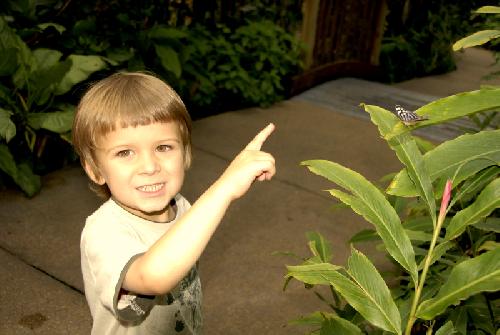Catch the Cosmos Doing Something Right
WATCH THIS CARD ON YOUTUBE
"Happiness does not depend on outward things, but on the way we see them." — Tolstoy Despite all the difficulties and hardships of existence, this is an abundant universe. Put quotation marks around the voices in your head that are endlessly worried about the scarcity of money, resources, opportunities, romantic partners, etc. Look up at a clear night's sky and think about how much real estate is out there — approximately one hundred billion stars in just our galaxy and, according to estimates in 2023, approximately two trillion galaxies. And there are physicists who think our universe is just a tiny bubble in an ever-expanding foam of multiverse. The universe has created 50,000,000,000,000 cells just to sheath you in a corporeal body for this one difficult incarnation where apparent scarcity and other hardships are part of the abundance of developmental forces. My friend Rob Breszny wrote a book entitled Pronoia. According to the book, "pronoia" is a term "…coined in the mid-1970s by Grateful Dead lyricist and cofounder of the Electronic Frontier Foundation, John Perry Barlow, who defined it as the opposite of paranoia: 'the suspicion that the universe is a conspiracy on your behalf.' " It is easy to view life as a catastrophe — a catastrophe we can head off only by a white-knuckled grip on our body, money, possessions, and relationships. But maybe your life is more of a "euchatastrophe" than a catastrophe. From Wikipedia: Eucatastrophe is a term coined by J.R.R. Tolkien that refers to the sudden turn of events at the end of a story that result in the protagonist's well-being. He formed the word by affixing the Greek prefix eu-, meaning good, to catastrophe, the word traditionally used in classically-inspired literary criticism to refer to the "unraveling" or conclusion of a drama's plot. It could be said that the ending of The Lord of the Rings is a Eucatastrophe. Though victory seems assured for Sauron, the One Ring is destroyed beyond all hope. Essentially a bad situation suddenly turns good. My review of Pronoia: Is the World Spiraling Toward Eucatastrophe or is that just my Pronoia? See:
Resource Fluctuations Happen — Working with Scarcity and Abundance Temporal Fencing and Life Fields For a cosmic overview of where you are right now see: Powers of Ten See also: Water of Life Available in the Babylon Matrix |
||||||||



